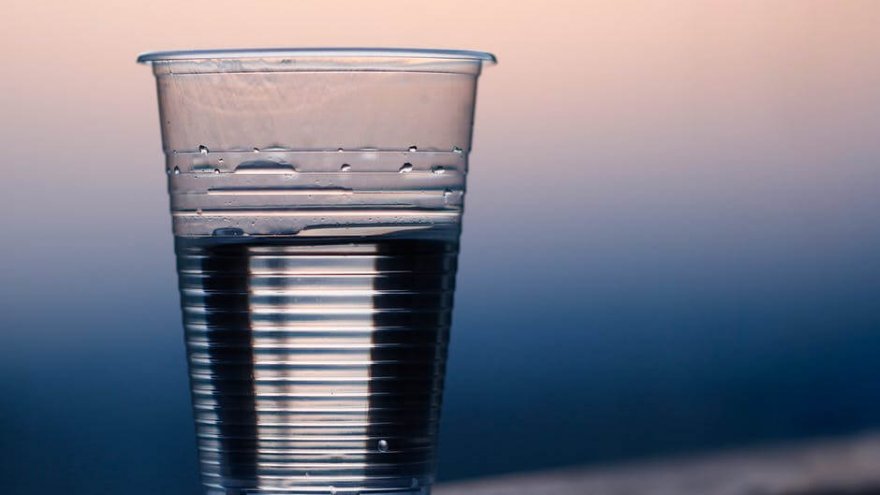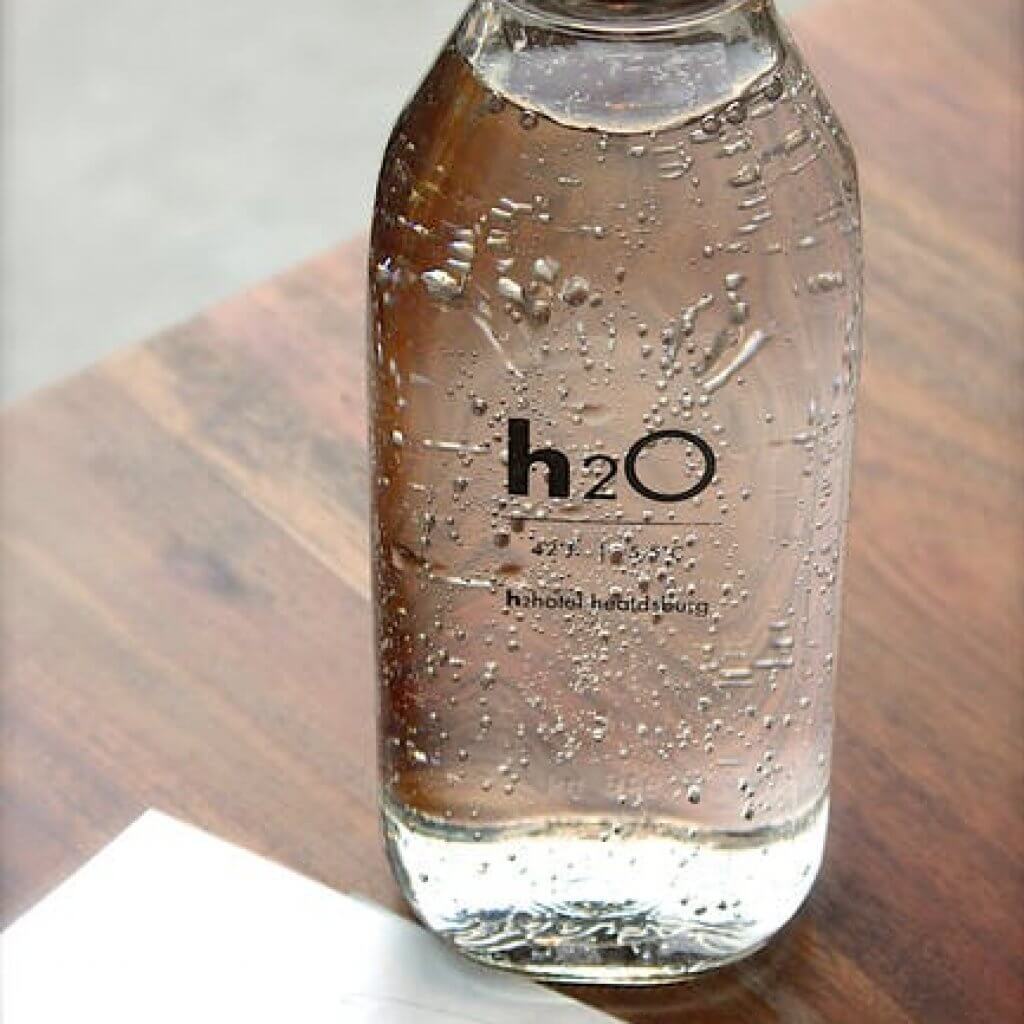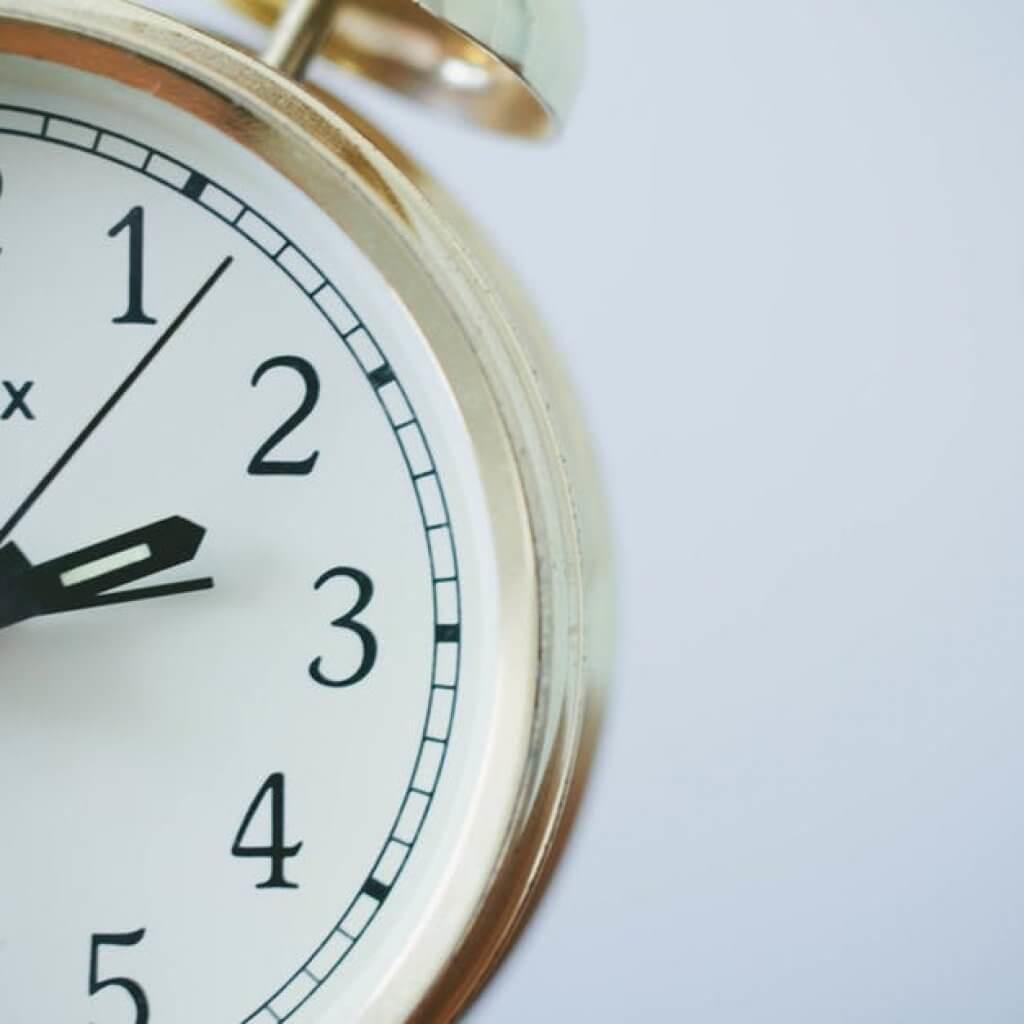How Much Water Should I Be Drinking?

Fact of life: Even if you aren’t a runner at all, you still have food and drink recommendations for your day-to-day life, though some of us—possibly most of us—ignore those recommendations. But when you’re dealing with the physical exertion of a high-energy exercise, maintaining healthy fluid-intake levels isn’t something to just overlook. For instance, running! There’s no logical question about whether or not hydrating for a run should be a part of a routine for the best results with the exercise, but when a person looks deeper into running paired with hydration, things could get a little confusing. I mean, we all know to drink water, but how much should runners drink—and when should they draw the line in regard to drinking more?
The General Facts
While it might be an immediate reaction to say some large amount of water in response to how much runners should drink, the dangers of water consumption during a run are two-fold. Sure, dehydration exists and could cause things such as an increase blood pressure, elevated heart rate, change in perceived effort, and in the end, a decrease in overall performance. In worse cases, it can even kill you.

On the opposite side of the spectrum though, too much water can be bad as well in that it could lead to hyponatremia, which is when the sodium concentrate in your blood drops below safe levels because there is too much water in the bloodstream, and can potentially be a fatal condition.
Essentially then, misjudging your water intake could lead to an untimely death no matter which way you lean for the misjudgment—too much or too little. The scenario is enough to cause a person to think about giving up trying to sort through the details to find the right amount. Either way, if you’re wrong, the consequences could be dire.
Guidelines
Fortunately, hydration in running does come with general guidelines that you can follow, though the cut-and-dry numbers given on the matter can vary. One source, as an example, says to drink 16 ounces of water two hours before a run and another 8-16 ounces about 15 minutes before while another sources says to drink just the 16 ounces 1-2 hours before a run. Yet another source says to drink 16 ounces of water a couple of hours before running, then another 8 ounces minutes prior to the run. Again, a runner could be at a position where they just want to throw their hands up and surrender trying to find the right answer from the contrasting information since none of these seem to concretely agree.
So what should be done to sort through these guidelines? Perhaps the best strategy is to treat them as just that—guidelines. None of these are set-in-stone rules that, if you neglect them, will cause a running overseer to take your running shoes, and it helps to consider the mass of information to find common ground if you’re in doubt. Here, for instance, all sources agree on drinking water at least an hour before running, and 16 ounces seems to be a repeated number. For those reasons, making that time frame and amount your goal could prove a good strategy. Two sources also note that you should drink minutes before your run as well, so that concept could be worth remembering. For this one, 8 ounces is the repeated option, so that number is a logical target.

For long distance runs, also keep in mind that continued hydration at intervals is important. Again, this recommendation varies in amount, but a good general guidelines is about 5-12 ounces every 15 minutes, even if you have to use running gear to make hydration happen that frequently.
Your hydration needs continue beyond the run as well in that what you drink once you’ve concluded your exercise can still have an impact. This guideline of how much to drink can be trickier than the previous ones since the amount you consume, by accounts, depends on how much weight you lost on your run. As the only way to know this detail is to weigh yourself prior to your run, this is a concept to keep in mind before you take that first running step. Once you finish your run, weigh yourself another time and calculate how much you lost.
From there, the recommendations vary as to how much water to consume, but a specific target offered is for every pound loss, drink up about 16 to 24 ounces of fluid. 
What’s Best for You
Keep in mind that these guidelines did come with differing information with amounts and times, so it’s logical to not treat them like they’re nonnegotiable. In the end, what matters is what you need, and you can rely on your own body to give you clear signs about water consumption. This is truer in regard to over-consumption of water as by the time your body starts giving you indications that you’re thirsty, you might already be in the process of dehydration. For that reason, keep steady with your hydration numbers and time frames throughout your run so long as your body doesn’t give you a sign that they’re too much.
How will your body tell you? I think we all could recognize the overfilled sensation in our stomachs when we guzzle down too much water (though be sure you’re not confusing it with a sign of dehydration), and that’s a feeling to avoid! It’s stressful, it can slow you down, and it’s a possible indication that you’re drinking too much water. Remember that hyponatremia is a product of over-hydrating, and that it can kill you! So if you start feeling bloated after sufficient water consumption or feel water sloshing around in your stomach, maybe scale back to the lower amounts of recommended water intake for those interval drink-stops on your runs to prevent possible hyponatremia.
Liquid Alternatives
You lose more in your sweat than just water, which is another detail to consider when you’re choosing your hydration methods. Clean water is obviously the healthiest option you can find in regard to general hydration, but when you’re running for long distances, you might find that the occasional substitution of a sports drink is called for. These drinks contain some electrolytes that can prove helpful in long runs, but remember having that added bonus doesn’t necessarily negate the danger of over-hydration. So even if you’re substituting for that electrolyte addition, continue to keep your hydration guidelines in mind as you run.
These guidelines, while they aren’t set in stone, can help you learn your own running system and keep you sufficiently hydrated while you go through these high-energy travels. Be sure—even before you begin your run—to prepare for a healthy experience, and walk that comfortable, safe line of a good level of hydration. Think of it like Goldilocks and the Three Bears—not too much, not too little, but just right!
Latest Articles
 Is Running on a Treadmill Easier Than Running Outside?Runners have their own preferences, whether it is treadmill running, running outside on the road, or exploring trails. So...
Is Running on a Treadmill Easier Than Running Outside?Runners have their own preferences, whether it is treadmill running, running outside on the road, or exploring trails. So... Is It OK to Use Trail Running Shoes on the Road?While trail running shoes can be used on roads, especially in situations where a runner encounters mixed terrains or pref...
Is It OK to Use Trail Running Shoes on the Road?While trail running shoes can be used on roads, especially in situations where a runner encounters mixed terrains or pref... How to Fix Sore Quads After Running?Rest, ice, gentle stretching, and over-the-counter pain relievers can help soothe sore quads after running. Also, ensure ...
How to Fix Sore Quads After Running?Rest, ice, gentle stretching, and over-the-counter pain relievers can help soothe sore quads after running. Also, ensure ... 10 Fruits With The Most Electrolytes to Replace Sports DrinksThese fruits are high in electrolytes such as potassium, magnesium, and calcium, essential for hydration, muscle function...
10 Fruits With The Most Electrolytes to Replace Sports DrinksThese fruits are high in electrolytes such as potassium, magnesium, and calcium, essential for hydration, muscle function...


